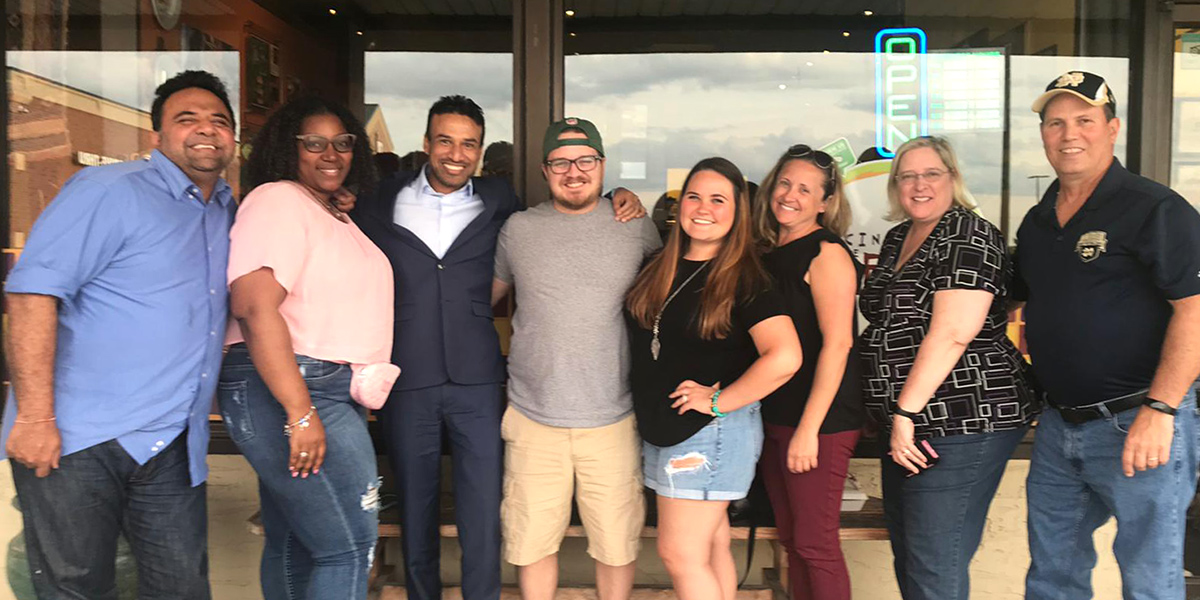Fellowship Curriculum
Didactic Topics
- Specific to child and adolescent population, patients, and development
- Clinical orientation – interviewing and assessment of child and adolescent patients
- Cognitive Behavior Therapy -Child PRITE prep and review
- Psychopharmacology
- Psychodynamic psychotherapy and principles
- Lifespan development
- Anxiety disorders
- Mood disorders
- Psychotic disorders
- Pediatric Consultation/Liaison psychiatry
- Cultural competence
- Evidence-based and innovative psychotherapy treatments
- Developmental disorders
- Family therapy
- Autism research, innovations, and assessment (including ADOS observation)
- Clinical neuroscience
- Behavioral social neuroscience
Case discussions
- Regularly scheduled multidisciplinary case discussions involving fellows, residents, medical students, pediatrics residents, and clinical psychologists
Reading group
- Fellows and preceptors discuss scheduled readings form books and articles about therapy and psychopharmacology to improve overall knowledge and address specific interests
 Journal clubs
Journal clubs
- Twice monthly
- In concert with the general psychiatry residency journal club, residents and fellows present on current literature and research
Grand Rounds
- Each fellow is required to complete a grand rounds presentation during the second year of fellowship
- Presentations on important topics by guest speakers, faculty, residents, and fellows twice monthly
Seminars
- Annual University of Toledo Psychopharmacology Update
- Promedica Health System Annual Psychiatric Symposium
- Fellows have the opportunity to attend both of these all day seminars yearly in the fall
Scholarly Activity
Fellows and residents participate in a scholarly activity pursuit and present at the yearly Resident Research & Scholarly Activity Day, where the presentation with the most votes receives an award. Presentations include poster presentations, workshops that have been presented at conferences, publications and case reports, research, and quality improvement / performance improvement projects.

Wellness
Wellness is a priority for the program. Post-call days off, encouragement of use of accrued time-off, and an overall ambience of fun, openness, and teamwork help residents and fellows maintain their wellness. The program also provides textbooks, meal cards, online question banks, and other resources, so that the stipend can be used for other professional expenses. The program regularly has wellness events (such as dinner outings, social and sporting events, and more). The program routinely incorporates feedback from fellows to implement positive changes for the educational and professional development. The University also provides wellness services.
Fellowship Home Program Highlights Rotations Benefits How to Apply Current Fellows


